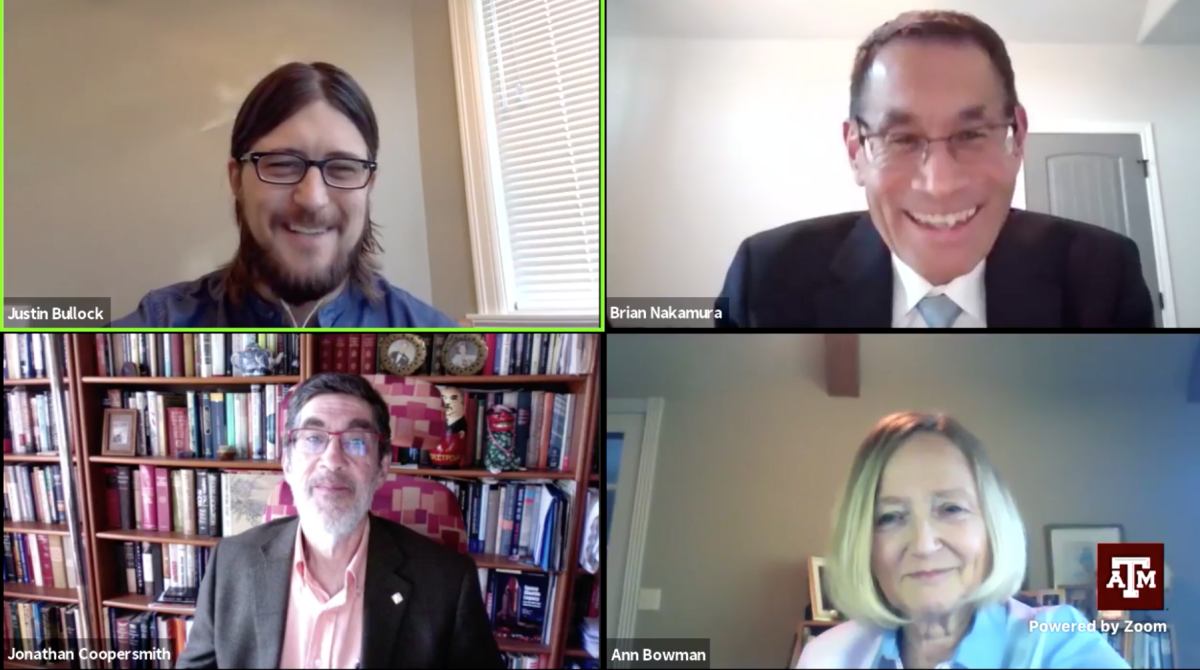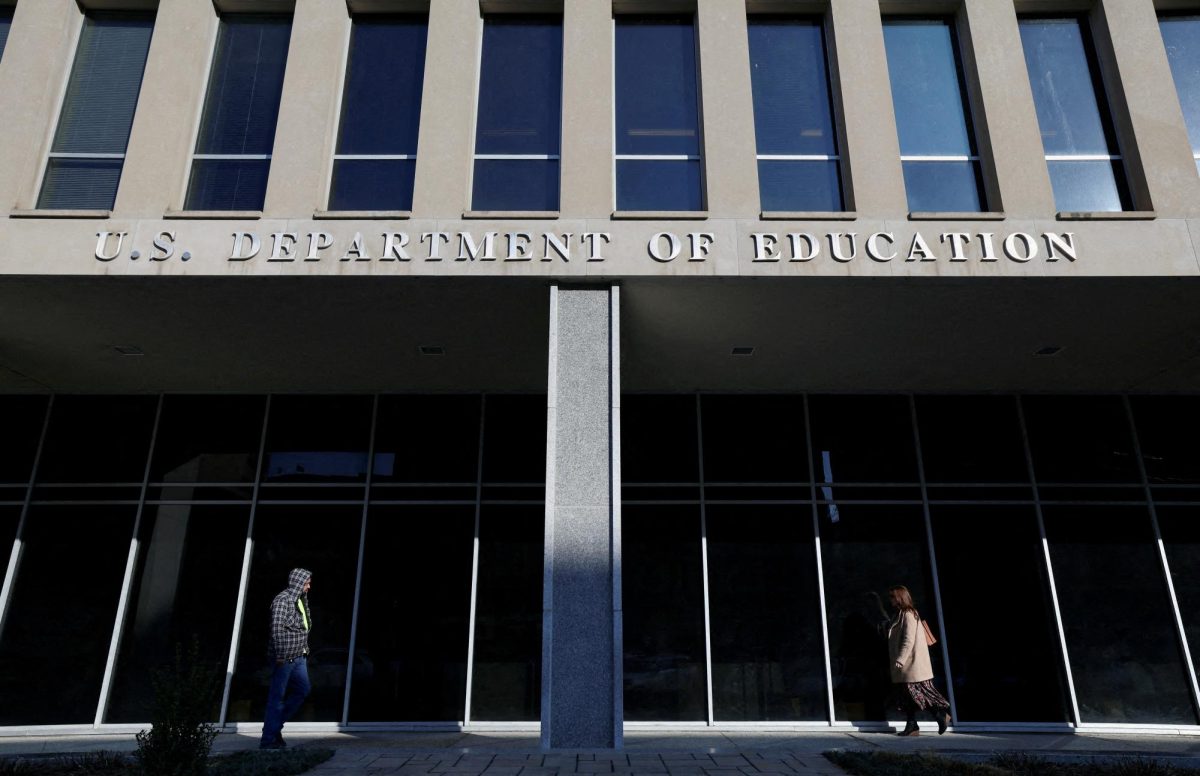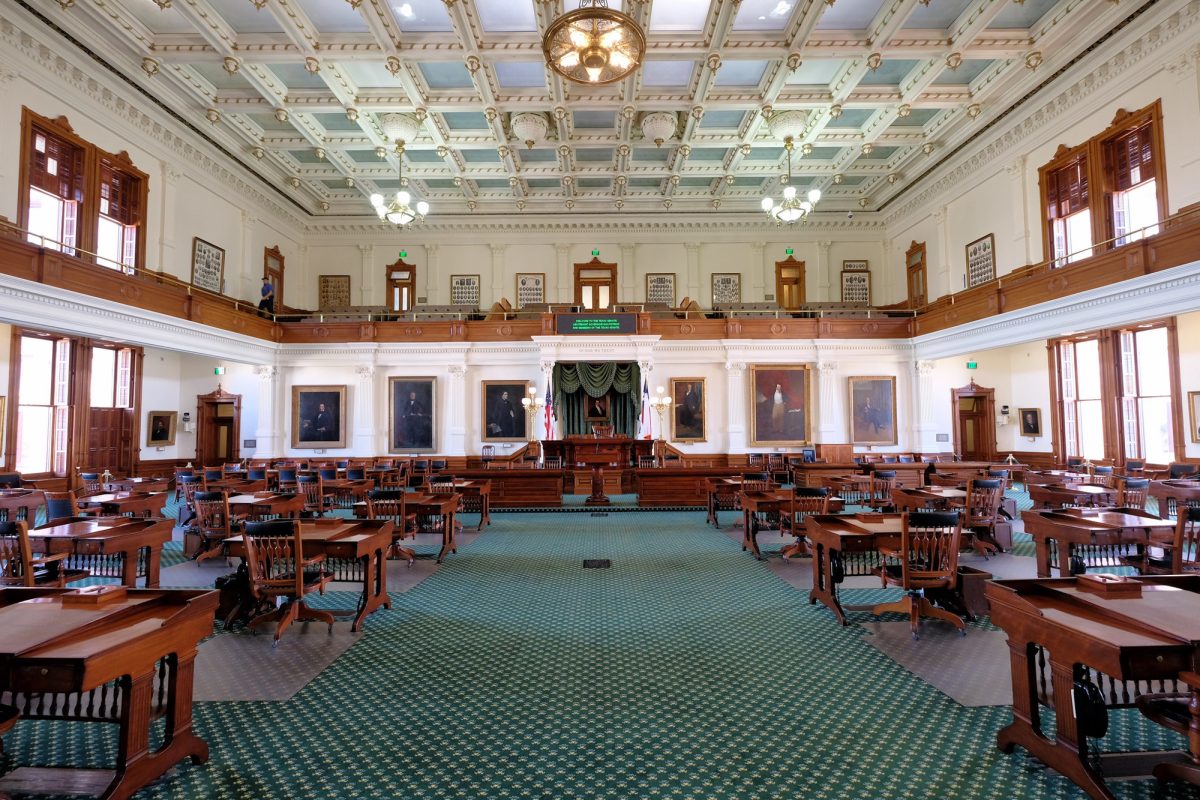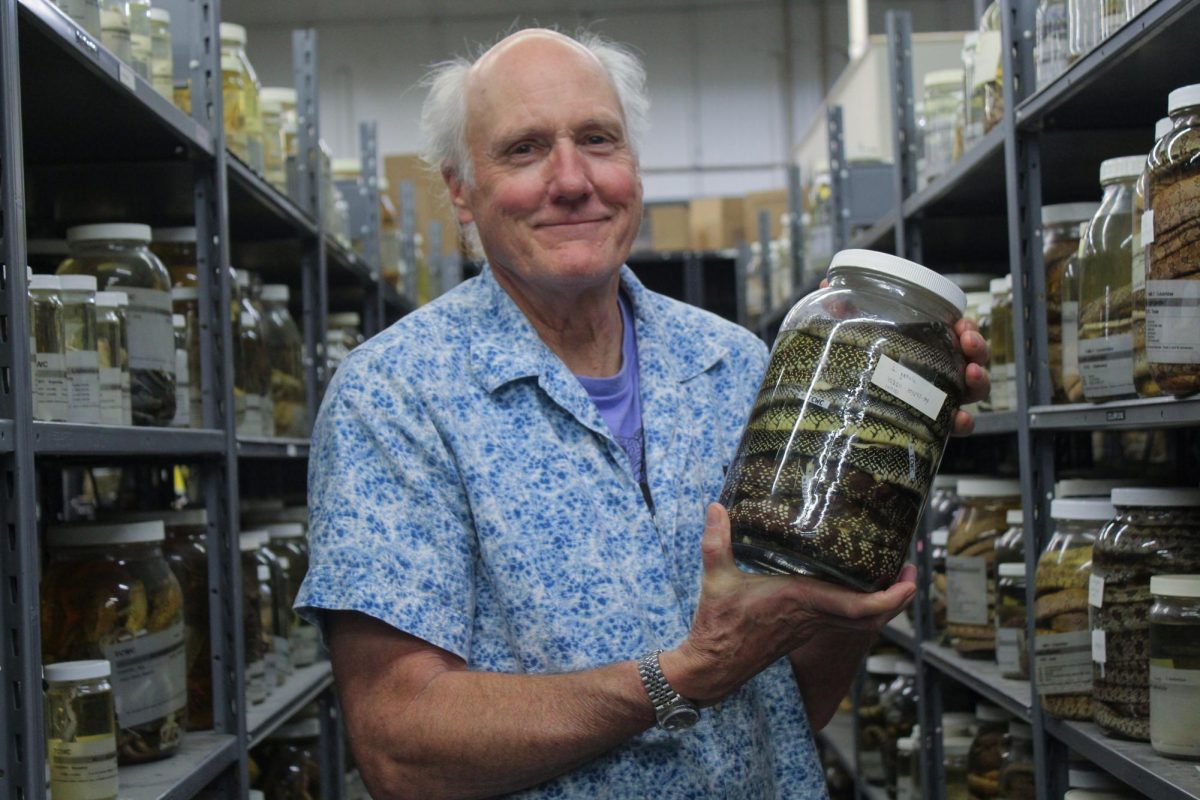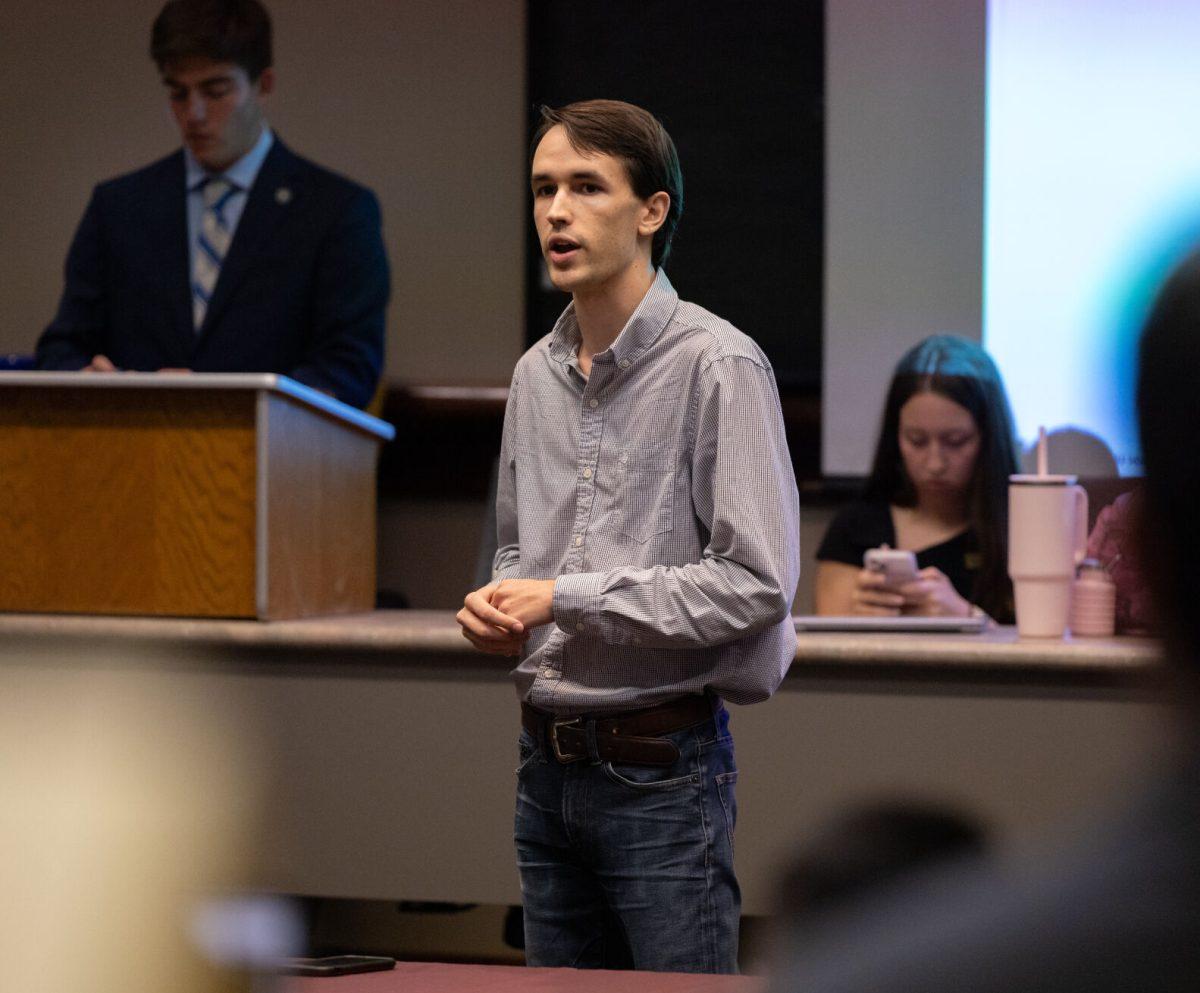The Bush School of Government and Public Service hosted a virtual panel entitled “What’s Next… If There Is No Declared Winner Election Night” one day before Election Day.
This panel was moderated by Justin Bullock and featured panelists Brain Nakamura, Ph.D., Jonathan Coopersmith, Ph.D. and Ann Bowman, Ph.D., to discuss election uncertainties. The panel focused on what to do if there is no clear winner on election night, as well as how to deal with not having immediate resolutions.
Bullock began the panel by highlighting that the United States is “not new” at elections and has experiences with close elections and other uncertainties. Bullock said at the same time, there are additional factors that can cause more panic, including the use of social media, international influence and civil unrest.
“Experts are worried there are a range of possibilities in the following days,” Bullock said. “That has been noted lately including violence, misinformation, electoral disputes and our voting mechanisms being disrupted.”
Below are some of the main points from each of the three panelists:
Ann Bowman, Ph.D.
The U.S. election is conducted at the state and local levels, which makes every voting system different. Each state can have variations of registration deadlines, rules requiring one to register to a party and limits to how late polls are open on Election Day, among other things.
“Structure does matter,” Bowman said. “Each of these approaches has an impact on how elections are administered and they raise questions of accountability, fairness, representation and effectiveness.”
Due to COVID-19, Bowman said more people took advantage of absentee voting in this election.
“Tuesday, Nov. 3, will be significant,” Bowman said. “Not only for electing a president but also electing all the other offices such as U.S. senators and representatives, governors in 11 states, state legislators and city and government officials, as well as resolving questions that are on the ballots. Interest is very high and so are the stakes.”
Jonathan Coopersmith, Ph.D.
This election is normal, but the circumstances surrounding the election are not because of the COVID-19 pandemic, threats of violence and foreign interference, Coopersmith said. With the changes made to registration and voting methods, Coopersmith said Texas presents added difficulties for voters.
“We need to upgrade standards,” Coopersmith said. “A couple of academics created the cost of voting index, which basically says how hard it is for a citizen to register and vote. Sadly, Texas won the vote this year — we are the most difficult state in the nation to register in.”
The early voting period has seen an unprecedented 93 million ballots cast through in-person and absentee voting. With the number of mail-in ballots increasing, Coopersmith said it could produce a trend of those who enjoy voting from home rather than going to the polls, but each state and locality can process these differently.
With COVID-19, the post offices have been slowed down, and completed ballots may not be delivered until after the Nov. 3 deadline.
“I would vote in favor of counting votes, especially if I mailed my ballot early and the post office didn’t deliver it,” Coopersmith said. “Why should I be penalized? Counting mail in ballots can take time, don’t rush it. The election does not have to be certified until, I believe, Nov. 8. We have time. Let’s chill and create conspiracy theories, or let’s not create conspiracy theories but let’s talk about the second cabinet in the Trump administration or the first Biden administration.”
Brian Nakamura, Ph.D.
Local governments take voting counts seriously and are careful to make sure votes are recorded, Nakamura said. Nakamura said these officials know the results are going to be important in declaring a winner of the election.
“If you have already voted, you can’t turn back, you can’t turn in another ballot. You can’t change anything,” Nakamura said. “If you are going to the polls to vote tomorrow, take a deep breath after because you can’t do anything to change that.”
Nakamara said with 93 million votes already, this election has brought people out to vote and have their opinions heard. He said when the vote count is released, there will be a recovery and recuperation period, so patience is important because the process will take time.
An important aspect of voting is that every person has their opinion, but Nakamura said it is important that voters not be so opinionated that they do not see the other side.
“The most important part is actually voting, getting out there and making a stand,” Nakamura said. “When you mark that ballot you are leaving your mark and what we all hope for doesn’t turn into a stain and we want to be sure what we do is meaningful and purposeful and do it with thought.”
The General Election will take place on Tuesday, Nov. 3. For a complete look at all Brazos County polling locations, click here.
Bush School hosts virtual panel to clear up election uncertainties
November 2, 2020
0
Donate to The Battalion
$1965
$5000
Contributed
Our Goal
Your donation will support the student journalists of Texas A&M University - College Station. Your contribution will allow us to purchase equipment and cover our annual website hosting costs, in addition to paying freelance staffers for their work, travel costs for coverage and more!
More to Discover




